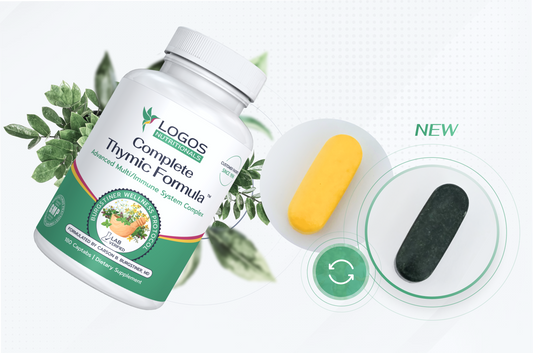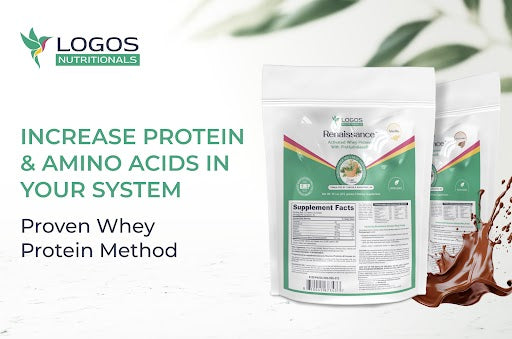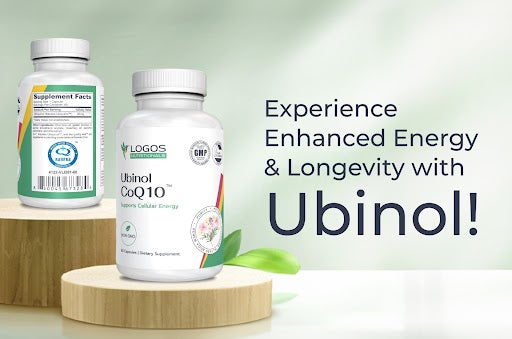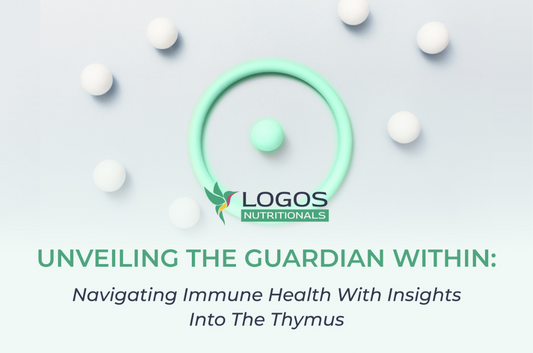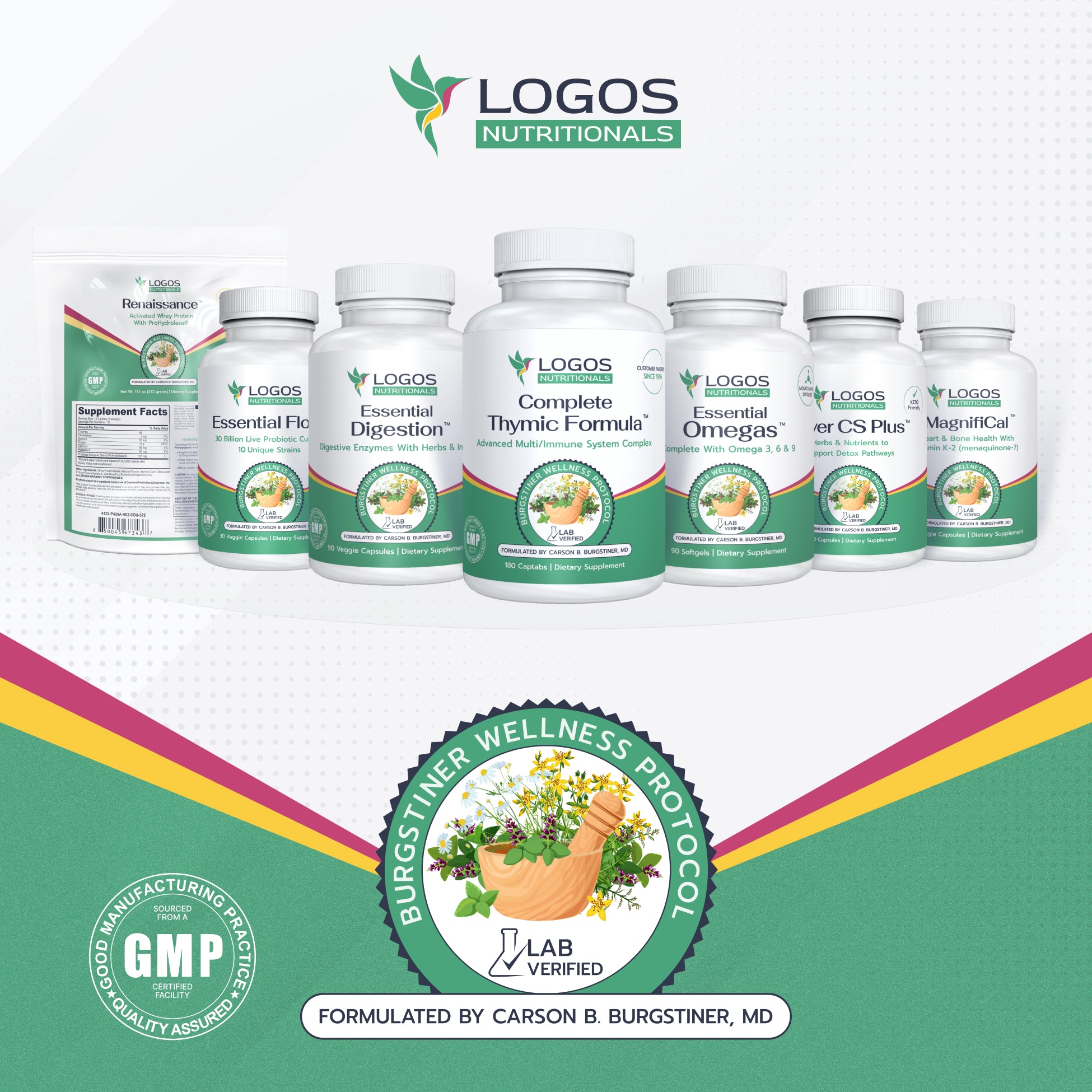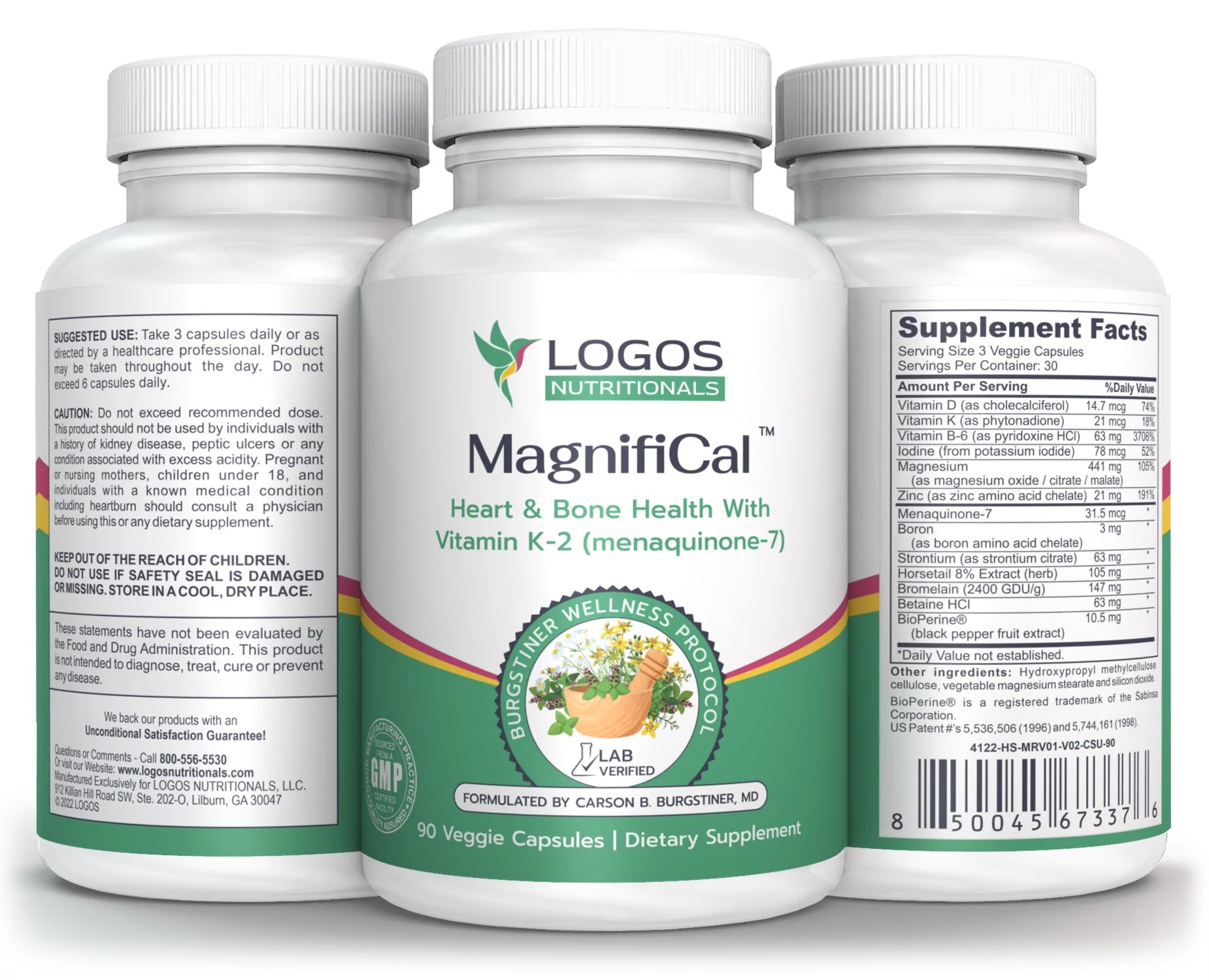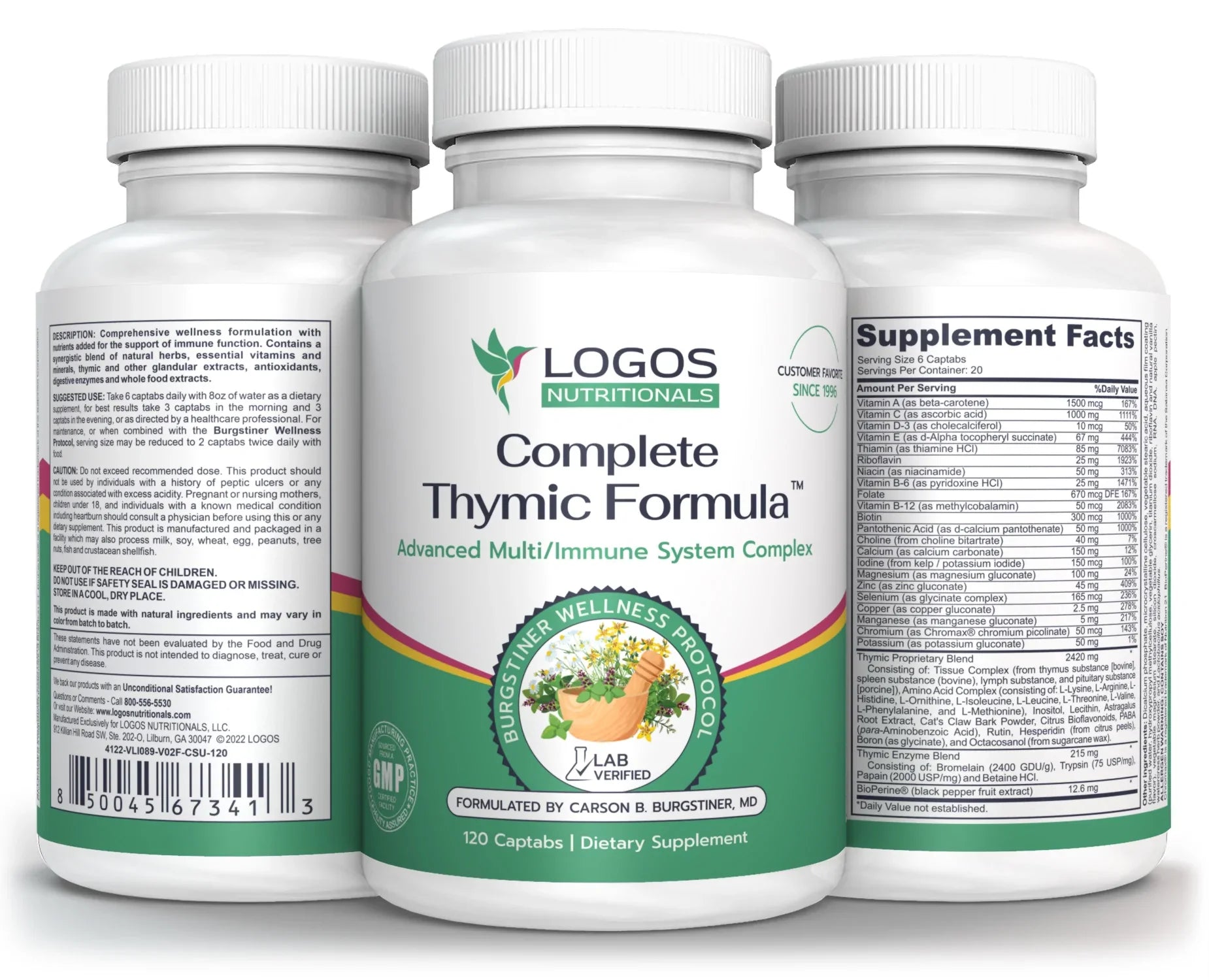Glandular therapy is based upon the use of animal glandular and organ substances to bolster the function of the human body's corresponding organs and glands. Modern medicine replaces the thyroid gland with thyroid hormone, the adrenal gland with cortisone, the pancreas gland with insulin, and the ovaries with estrogen and progesterone. Until recently, however, the use of whole glandular extracts to revitalize glandular function has been largely relegated to "medicine of the past".
"Live cell therapy" (in which animal glands could be either surgically implanted, or chopped and dissolved in a saline solution and injected into a patient) was first suggested in 1912. By the1940s, oral glandular extracts were in worldwide clinical use, and a considerable amount of research was in progress to support their use. In practice, they proved to be potent promoters of health.
Ignorance and Arrogance
With the development of antibiotics and the advent of "modern" medicine, researchers have since concentrated on developing pharmaceutical drugs that are more profitable to the drug companies. It seems that man, in his ignorance and arrogance (and greed), has decided that science can ascertain all aspects of nutritional physiology and extract the beneficial "active ingredient" from glandular substances.
We know from the side effects of our synthetic treatments that this is simply not true. In fact, the real power behind glandular therapy is far beyond the grasp of man's wisdom. Not only are glandular extracts rich in gland specific nutrients, but their nucleotides impart critical information to their new host that is not available any other way!
Benefits of Glandular Therapy
Glands produce messenger proteins (hormones) that regulate bodily functions such as metabolism, immunity, growth and sexual development. The whole body suffers when they malfunction. Glandular and organ extracts are indicated when a patient's endocrine system is under producing a specific hormone or when an organ is weakened or diseased, such as is often the case with cancer patients or individuals with suppressed immunity or thyroid insufficiency.
Glandular tissues are rich in nutrients, including vitamins, minerals, amino acids, fatty acids, polypeptides, enzymes, and many other substances. Because it is "tissue specific", glandular therapy can supply essential nutritional needs in a highly efficient manner. Glandulars can and should be an important component of a complete nutritional program.
Most Commonly Used Glandulars
Glandular tissue concentrates are once again being increasingly embraced by practitioners who are impressed with their lack of side effects and track record of success. They can be used to support any gland, organ, or tissue of the human body. Examples include:
Thyroid
The thyroid gland regulates metabolism by releasing iodine containing hormones that control energy production in all the body's cells. Administration of thyroid extract helps cells eliminate cellular waste and speeds up their restorative functions. A healthy thyroid is an important prerequisite to a healthy immune system, good weight management, maintaining cellular energy levels and cardiovascular health.
Thyroid insufficiency is epidemic in America, especially among women. It is very often left untreated because doctors typically depend solely on blood tests for diagnosis. Unfortunately, thyroid blood panels alone are totally unreliable as a diagnostic tool because thyroid hormone output (i.e.- blood level) is only half the equation. Uptake at the cellular level may be impaired, leaving a person with normal blood tests and profound hypothyroid symptoms. To learn more about Hypothyroidism, click here.
Thymus
The thymus is known as the master gland of immunity because it is largely responsible for the production and maturation (training) of immune cells and for regulating immune function. Thymic hormones help "program" immune cells to recognize tissues as either self or invader. Recognizing the enemy is the first and likely most important step in the immune response.
Orally administered calf thymus extracts have been found to be quite effective in restoring and enhancing immune function (1), with studies demonstrating broad-spectrum immune system enhancement. Thymic factors are said to be immune modulators.
Thymic extracts have been shown to normalize the ratio of T-helper cells to suppressor cells whether the ratio is low as in AIDS, chronic infections and cancer, or high as found with allergies and autoimmune diseases like psoriasis and rheumatoid arthritis. (2,3)
In other words, thymic factors appear to influence the immune response up or down as needed! Obviously, there is no more foundational a way to support our health than by supporting the thymus gland.
Thymus extracts may provide a solution to chronic viral infections and low immune function. Double blind studies with groups of children with a history of recurrent respiratory tract infections showed that orally administered thymus extracts were able to effectively eliminate infection. The treatment, over the course of a year, also significantly reduced the number of respiratory infections and significantly improved numerous immune parameters. (4)
Spleen
Pharmaceutical grade bovine spleen extracts are useful in the treatment of infectious conditions and as an immune-enhancing agent in cancer. Their benefits are attributed to small-molecular-weight proteins that stimulate macrophages in the liver, spleen, and lymph nodes.
The primary use of spleen extracts is after a splenectomy, or removal of the spleen. The removal of the spleen is associated with an increased risk for infection, particularly bacterial infection. Spleen extracts can be quite helpful in such cases. Spleen extracts are also useful in the treatment of low white blood cell counts and bacterial infections and as an adjunct to cancer therapy.
Adrenals
The adrenal glands are responsible for a wide variety of body functions, including stress management, water/electrolyte balance, inflammation regulation, and blood sugar control.
Adrenal tissue concentrates may help to support adrenal function and alleviate many of the health problems associated with overworked adrenal glands.
Liver
The liver is a vital organ that must process every nutrient, toxin, drug, and any other substance entering the body through the intestines, lungs or skin. In addition to its detoxification duties, the liver helps regulate blood sugar and plays a major role in the metabolism of hormones, carbohydrates, proteins and fats.
The liver aids digestion, stores vitamins, and secretes bile which is stored in the gallbladder and used to digest fats. Maintaining the health of this essential organ is the key to your overall quality of life.
Liver support formulas containing herbs and liver extract provide organ specific nutrients to promote detoxification pathways and encourage regeneration of liver tissue.
Pituitary
The pituitary gland is small and bean-shaped, located below the brain in the skull base very near the hypothalamus. Weighing less than one gram, the pituitary gland is often called the "Master Endocrine Gland" since it controls the secretion of hormones by other endocrine glands.
Health of the Cell is Key
For a tissue cell to repair or replace itself, it must have the raw materials necessary. Glandular therapy provides the raw materials to failing or weakened organs, glands, and tissues so that they can start the process of regeneration.
It all boils down to this: Happy cells make happy glands and organs, and happy glands and organs make happy people!
References:
1. Michael Murray, N.D., et. al, "Encyclopedia of Natural Medicine," Prima Publishing, 2nd edition, 1998.
2. P. Cazzola, P. Mazzanti, and G. Bossi, 'In Vivo Modulating Effect of a Calf Thymus Acid Lysate on Human T Lymphocyte Subsets and CD4+/CD8+ Ratio in the Course of Different Diseases," Curr Ther Res 42 (1987):1011-7.
3. N.M. Kouttab, M. Prada, and P Cazzola,"Thymomodulin: Biological Properties and Clinical Applications," Medical Oncology Tumor Pharmotherapy 6 (1989): 5-9.
4. A. Fiocchi et al., "A Double-Blind Clinical Trial for the Evaluation of the Therapeutic Effectiveness of a Calf Thymus Derivative (Thymomodulin) in Children with Recurrent Respiratory Infections," Thymus 8 (1986): 831-9.



